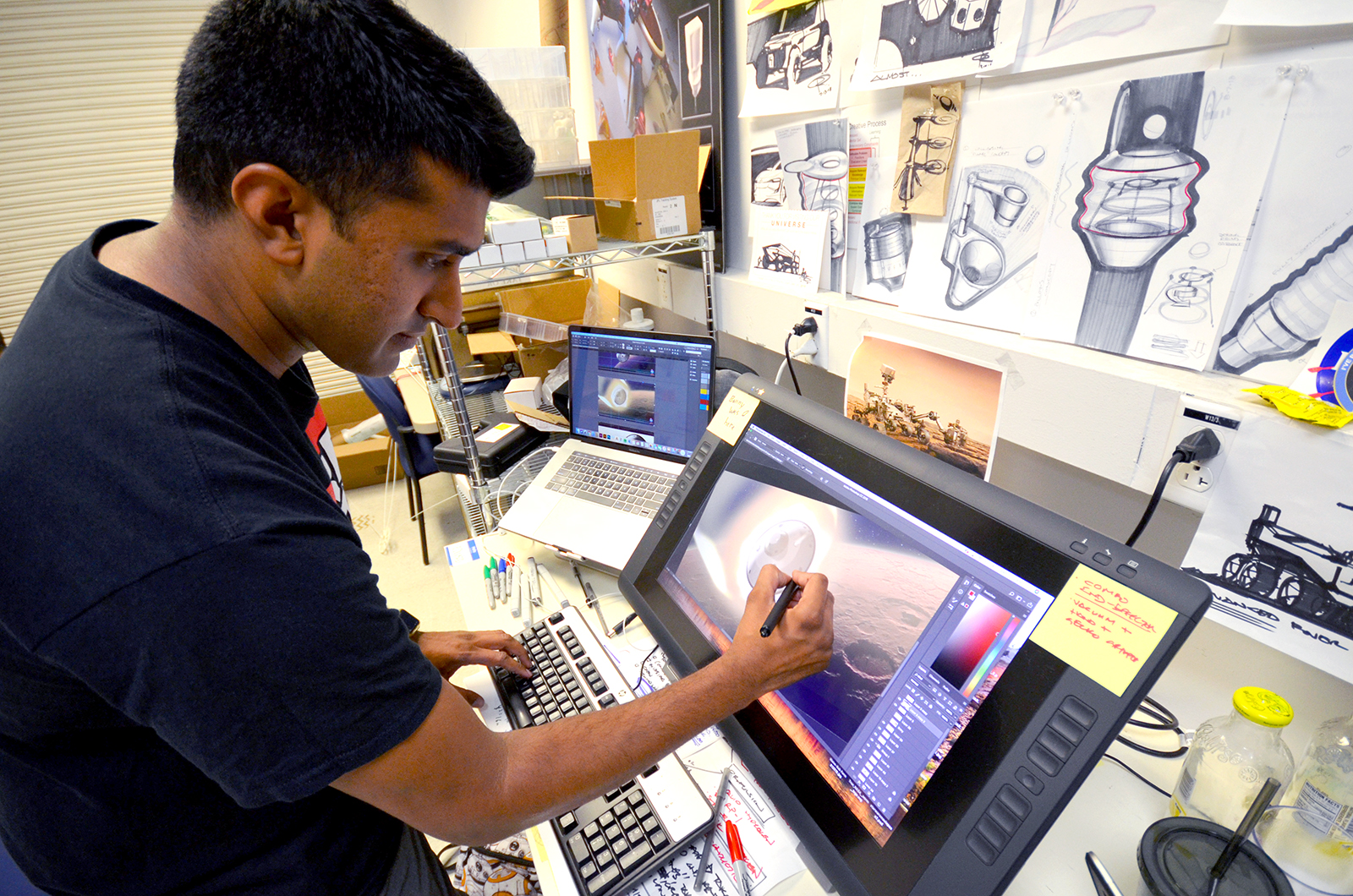We discussed various parameters involving project estimation such as size, effort, time and cost.
Project manager can estimate the listed factors using two broadly recognized techniques –
Decomposition Technique
This technique assumes the software as a product of various compositions.
There are two main models -
● Line of Code Estimation is done on behalf of number of line of codes in the software product.
● Function Points Estimation is done on behalf of number of function points in the software product.
Empirical Estimation Technique
This technique uses empirically derived formulae to make estimation.These formulae are based on LOC or FPs.
● Putnam Model
● This model is made by Lawrence H. Putnam, which is based on Norden’s frequency distribution (Rayleigh curve). Putnam model maps time and efforts required with software size.
● COCOMO
● COCOMO stands for COnstructive COst MOdel, developed by Barry W. Boehm. It divides the software product into three categories of software: organic, semi-detached and embedded.
Project Scheduling in a project refers to roadmap of all activities to be done with specified order and within time slot allotted to each activity. Project managers tend to define various tasks, and project milestones and them arrange them keeping various factors in mind. They look for tasks lie in critical path in the schedule, which are necessary to complete in specific manner (because of task interdependency) and strictly within the time allocated. Arrangement of tasks which lies out of critical path are less likely to impact over all schedule of the project.
For scheduling a project, it is necessary to -
● Break down the project tasks into smaller, manageable form
● Find out various tasks and correlate them
● Estimate time frame required for each task
● Divide time into work-units
● Assign adequate number of work-units for each task
● Calculate total time required for the project from start to finish







0 Comments